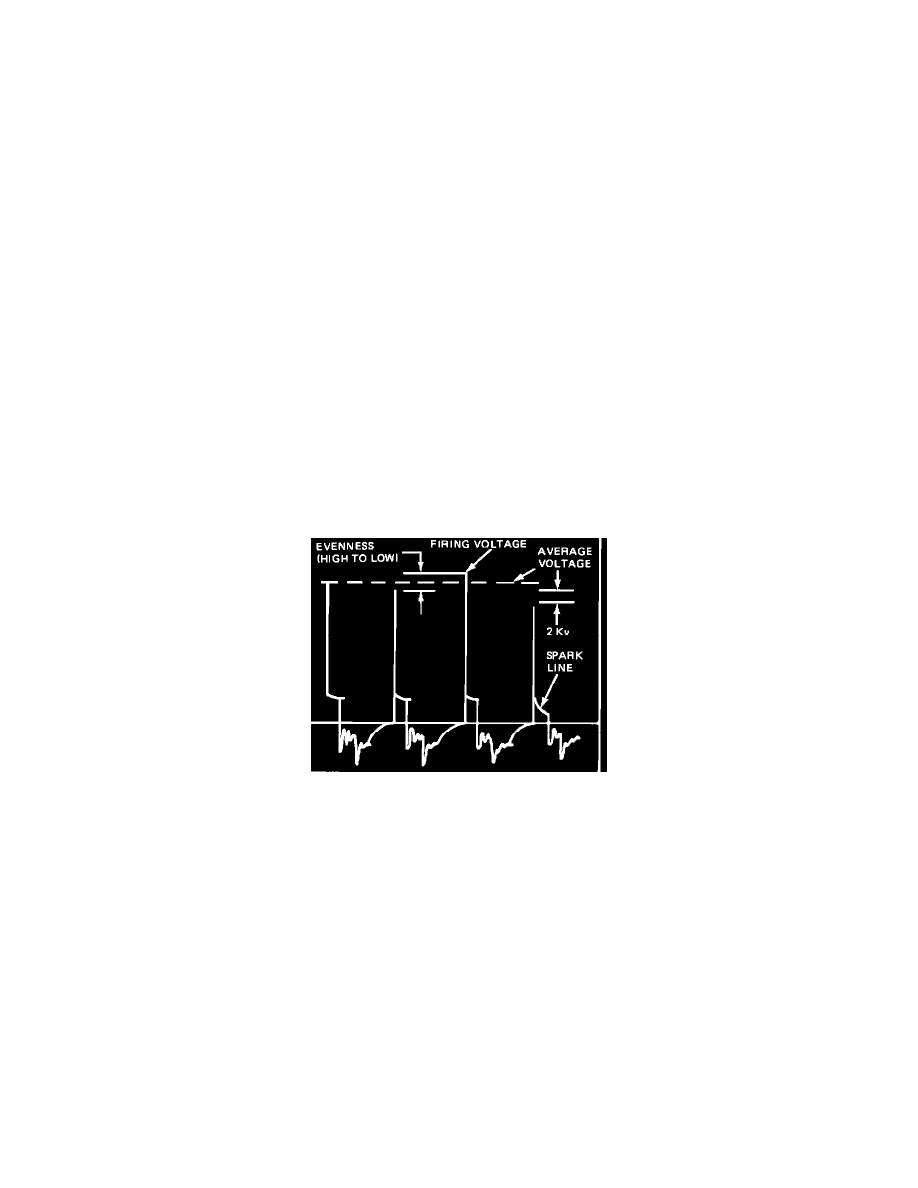Escort L4-98 1.6L SOHC VIN 5 FI (1985)

Spark Plug: Technical Service Bulletins
Spark Plugs - Shorting/Altered Scope Pattern
Article No. 85-8-14
SPARK PLUGS - SHORTED - SCOPE PATTERN ON VEHICLES WITH MULTIPOINT ROTORS
FORD 1984-85 ESCORT, EXP, TEMPO, MUSTANG, THUNDERBIRD, LTD
LINCOLN-MERCURY 1984-85 LYNX, TOPAZ, CAPRI, COUGAR, MARQUIS, CONTINENTAL, MARK VII, LINCOLN
CALIBRATIONS: All with multipoint rotor system.
WARNING:
This modification is authorized only for the listed engines. Performing this modification on other engine calibrations is unauthorized and
could create liability under applicable federal or local laws.
A shorted spark plug presents a different ignition scope pattern when the ignition system has a multipoint rotor.
The operating conditions of multipoint rotor ignition systems result in a secondary voltage pattern in which a shorted plug is not as apparent as the blade
type rotor systems. The multipoint rotor has a higher rotor to cap firing voltage than the blade rotor. This makes it less evident in a scope pattern.
To identify a shorted or fouled plug or wire, examine both the firing voltage and the spark line. If the firing voltage for a particular cylinder is
consistently more than 2Kv below the other cylinders or the spark line slopes down more than the others, check the plug and wire for that cylinder and
service as required.
WARRANTY STATUS: "INFORMATION ONLY"
Secondary Display Multipoint Rotor
Part 1 Test 2
TEST EQUIPMENT: ENGINE ANALYZER
TEST PROCEDURE
TEST RESULT
TEST RESOLUTION
Consistently
low spark
plug firing
voltage in
one or more
^ Fouled spark plug(s).
cylinders.
^ Narrow Spark plug gap(s).
2Kv or more
^ Spark plug wire(s)
grounding on engine. Inspect for damage.
Excessive
^ Carbon tracking in cap
Spark Line
and adapter.
Slope
